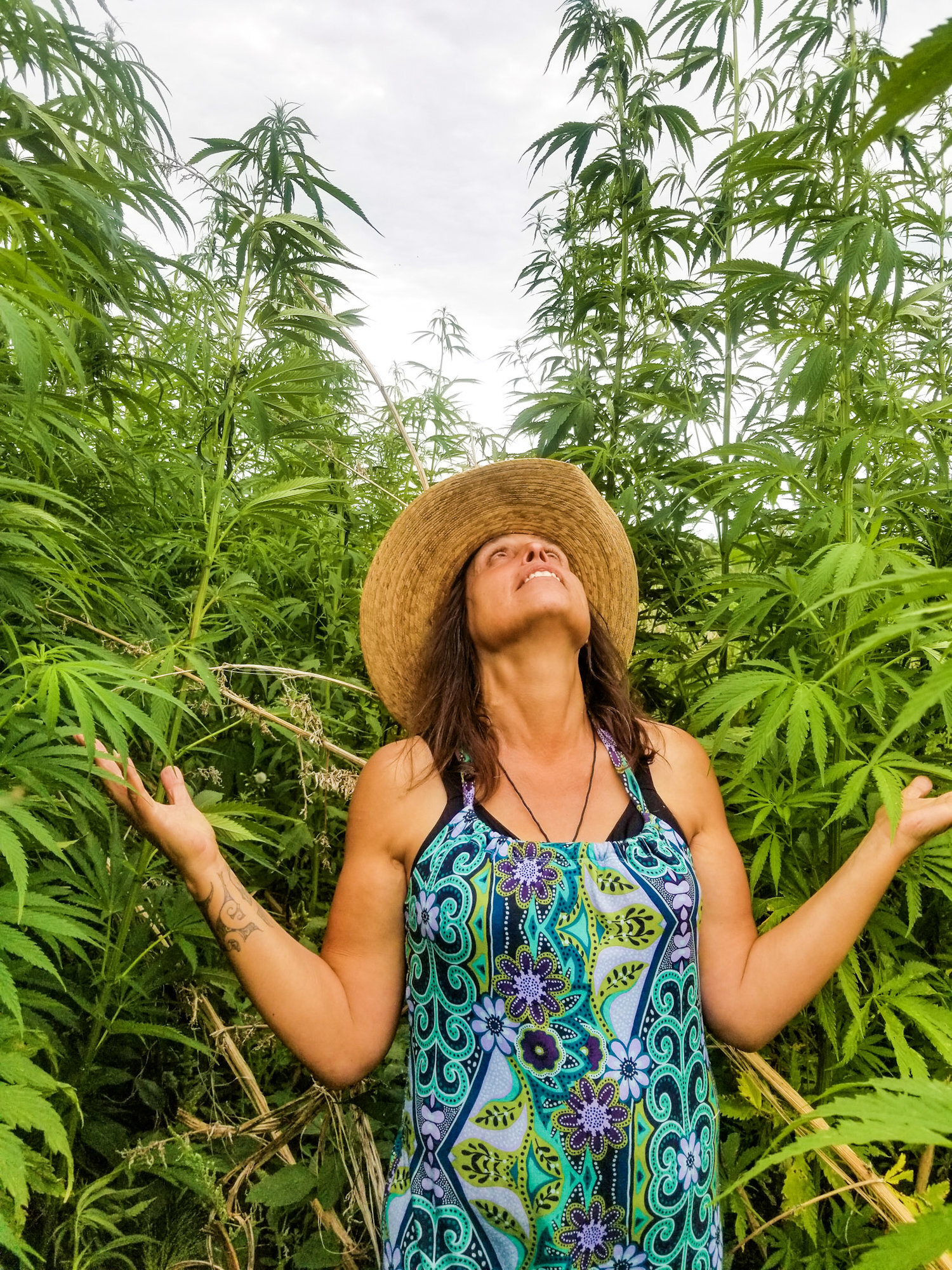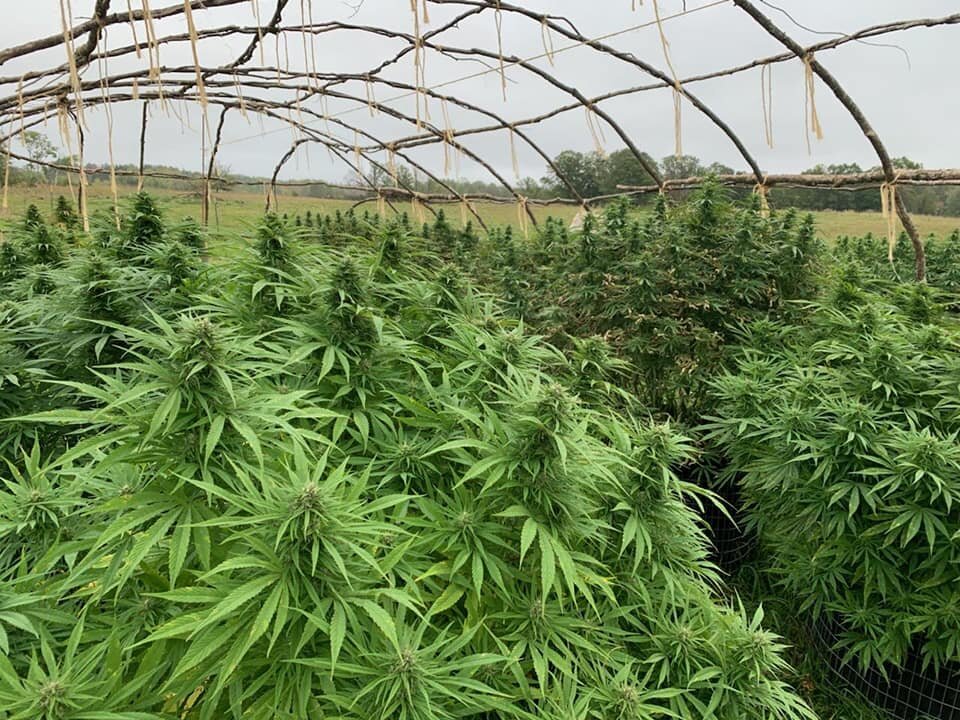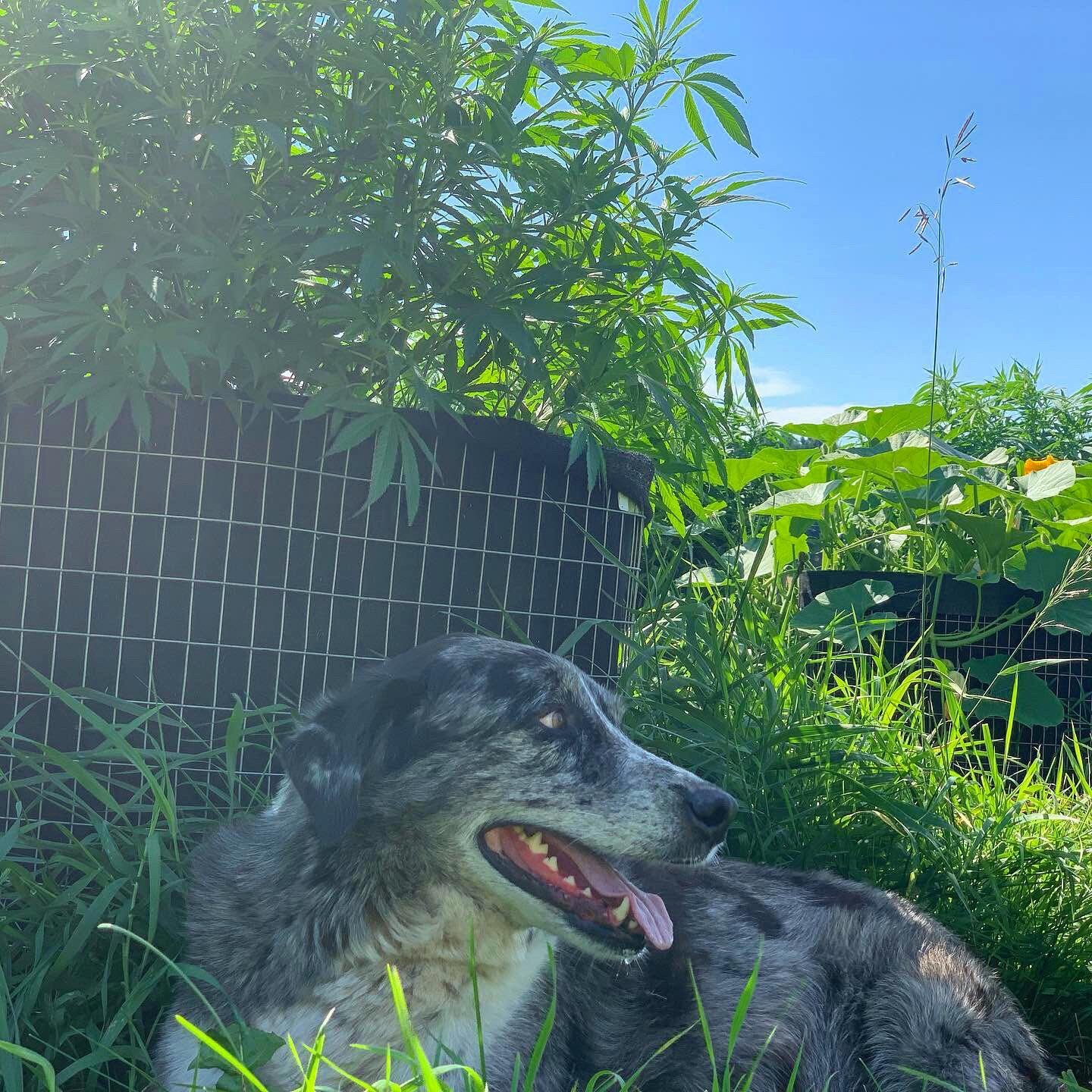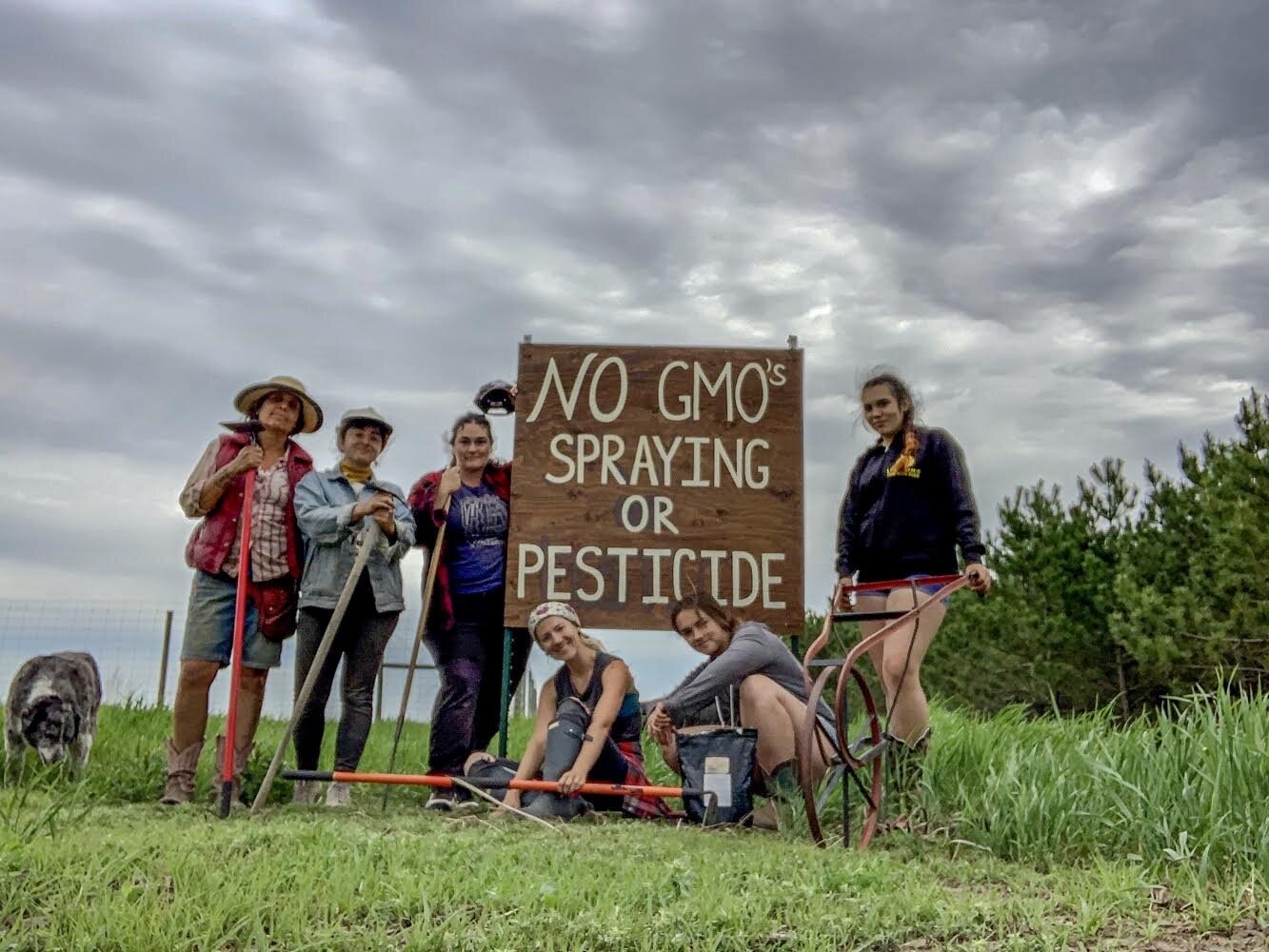Who We Are
OUR MISSION
Winona’s Hemp and Heritage Farm will generate local wealth in our community by establishing a training institute for indigenous foods and hemp farming and working with our youth to create the next generation of Anishinaabe farmers.
ABOUT WINONA LADUKE
My dream of establishing Winona’s Hemp and Heritage Farm was inspired by the decades I’ve spent fighting to protect Anishinaabe culture, seeds, lands and waters. For the past thirty-five years, I’ve worked to challenge the structural inequities of the Anishinaabe economy. Beginning with the White Earth Land Recovery Project, formed in 1989, I’ve worked with my community to challenge in the courts, regulatory arenas, and on the ground the taking of our lands. As a plaintiff in federal lawsuits in the 1990s, I joined with other tribal members to challenge the illegal theft of 90% of our reservation. Seeing little justice, we formed the White Earth Land Recovery Project, which I directed for 20 years. During my tenure, we were able to secure the return of 1400 acres of land, including cemeteries, maple sugarbush territories, farm land, and a formal elementary school. Working with others, we were able to install solar thermal and wind on our buildings, and on tribal houses on the reservation.
In 2000, we began a battle to defend our sacred wild rice from genetic engineering. We struggled for seven years, but managed to secure state legislation which would bar the introduction of any genetically engineered wild rice seed into the state of Minnesota without a full Environmental and Cultural Impact Statement, effectively stopping those who would threaten our sacred food. For our work, in 2003, we were awarded the International Slow Food Award for Biodiversity. In 2016, we became founding members of the Turtle Island Slow Food Association, the first Indigenous Slow Food Association in the world, and I have continued to be actively involved in food sovereignty.
My father once told me that he didn’t want to hear my philosophy unless I was able to grow corn, and so beginning in the late 1990s, I became a traditional corn farmer, along with beans, squash and tobacco. All of this was grown on WELRP and later tribal lands, as I have not had my own land. As an economist, I have looked often at the economic issues of food systems. In 2008, I did a study on my reservation that found that the tribal food economy was hemorrhaging money, noting that of the $8 million spent by households on food, almost all of it was spent off reservation. Furthermore, that which was spent on-reservation was at convenience stores, buying primarily fast food. So let’s say that the issue of local and traditional food production remains central to my heart.





